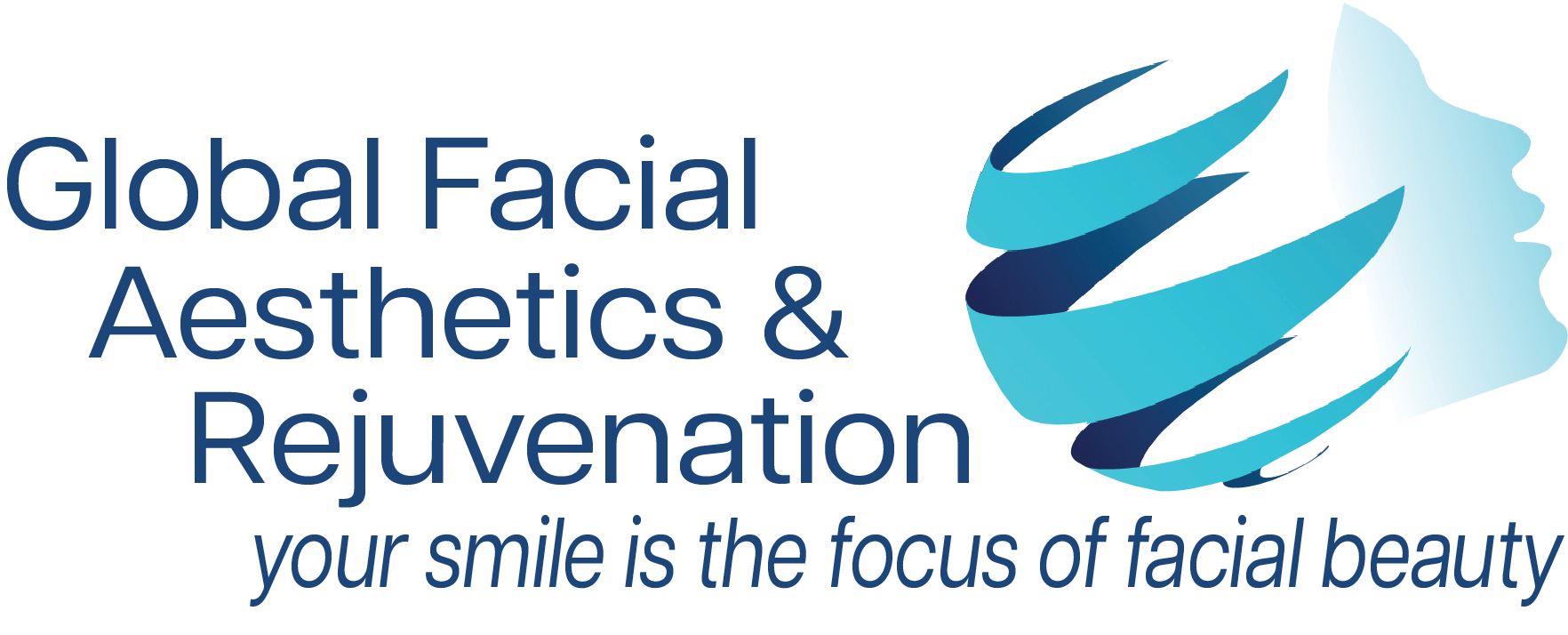Restorative dentistry
Restorative dentistry procedures play a crucial role in maintaining oral health and improving the appearance of your smile. Whether you need a dental filling, crown, bridge, implant, or denture, these treatments can help restore the function and aesthetics of your teeth. By addressing dental issues promptly with restorative procedures, you can prevent further damage and potential tooth loss.
Seeking treatment from a skilled and experienced dentist is essential to ensure successful outcomes. Remember to practice good oral hygiene habits such as regular brushing and flossing to maintain the longevity of any restorations. And don’t forget to schedule regular checkups with your dentist for professional cleanings and examinations. If you have any concerns about your oral health or are considering restorative dentistry procedures, consult with a qualified dentist who can guide you through the available options tailored to your specific needs. Take control of your dental health today!
Dental Fillings
Dental fillings are one of the most common restorative dentistry procedures performed by dentists worldwide. They are used to treat cavities caused by tooth decay, restoring both the function and appearance of your teeth.
There are different types of dental fillings available, including amalgam (silver) fillings and composite (tooth-colored) fillings. Amalgam fillings have been around for decades and are known for their durability. On the other hand, composite fillings provide a more natural look as they can be matched to the color of your existing teeth.
Getting a dental filling is usually a straightforward process that can typically be completed in just one visit to your dentist’s office. It’s relatively painless, too, thanks to local anesthesia administered before starting the procedure.
Once your dental filling is in place, you’ll be able to chew comfortably again without worrying about food getting stuck in those pesky cavities! Regular brushing, flossing, and routine visits to your dentist will help keep your filled teeth healthy and free from further decay.
Dental Crowns
Whether from decay or injury, if you have a damaged tooth that needs some extra support and restoration while maintaining an aesthetically pleasing look, consider dental crowns as an excellent option!
The process of getting a dental crown typically involves two visits to your dentist. During the first visit, your dentist will prepare the tooth by removing any decay and shaping the tooth to fit the crown. An impression of your tooth will then be taken so that a permanent crown can be created in a dental laboratory. In the meantime, you may receive a temporary crown to protect the prepared tooth.
Once your permanent crown is ready, you’ll return for another appointment, where it will be cemented onto your tooth using a special adhesive. Not only do crowns provide protection for weakened teeth, but they also enhance their appearance by improving shape, size, and color.
Dental Bridges
A dental bridge is essentially a prosthetic tooth that is anchored to the surrounding natural teeth. These neighboring teeth act as supports or “abutments” for the bridge, holding it securely in place. The replacement tooth, known as a pontic, fills the space left by the missing tooth.
One of the key benefits of dental bridges is their ability to improve chewing function and restore proper alignment of your bite. This can prevent further issues such as jaw pain or difficulty speaking. Additionally, dental bridges are custom-made to match the shape and color of your existing teeth, ensuring a seamless blend with your natural smile.
With regular care and maintenance, they can last for many years. If you’re considering a dental bridge procedure, consult with your dentist, who will assess if this restorative option is right for you based on factors such as bone density and overall oral health.
Dental Implants
Dental implants are artificial tooth roots that are surgically placed into your jawbone. Once they have been fused with the bone, implants provide a stable foundation for bridges or dentures. Replacement teeth are then mounted onto them.
The process of getting dental implants does require multiple visits to the dentist in River Forest, IL over several months. It starts with an initial consultation where your dentist will assess whether you’re a suitable candidate for implants. If so, they’ll take X-rays and impressions of your mouth to plan out the procedure.
During the implant surgery itself, small titanium posts are inserted into your jawbone. These act as anchors for the replacement teeth. After placement, there is a healing period of several months, during which time osseointegration occurs.
Once fully healed, custom-made crowns or prosthetic teeth are attached to the abutments on top of the implants. The end result? A beautiful smile that restores both function and aesthetics!
Dentures
Dentures are a common restorative dentistry procedure that provides an effective solution for individuals with missing teeth. These removable dental appliances are designed to replace multiple or all of the natural teeth in either the upper or lower jaw.
One of the main benefits of dentures is their ability to restore functionality and improve oral health. With dentures, individuals can chew and speak properly, which may have been difficult with missing teeth. In addition, wearing dentures can prevent further bone loss in the jaw and help maintain facial structure.
There are different types of dentures available, depending on individual needs. Full dentures are used when all natural teeth are missing, while partial dentures are recommended for those who still have some healthy teeth remaining. Denture materials have also advanced over time, with options such as acrylic resin or metal frameworks for increased durability.
